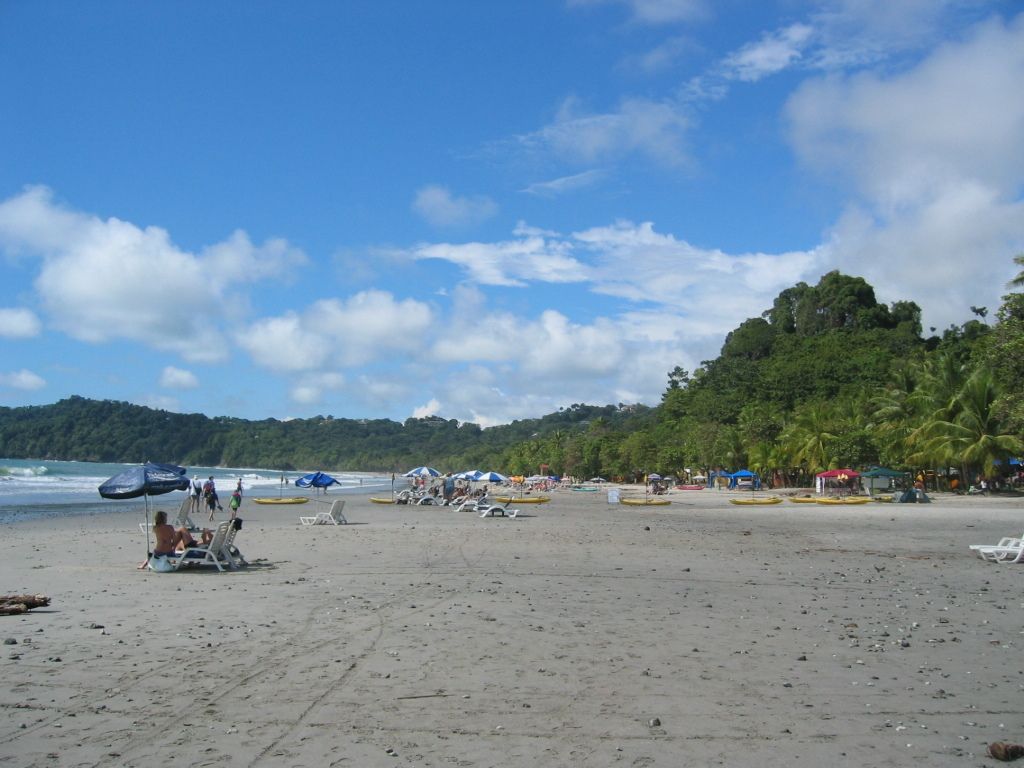Robust Responsiveness: PETA Slams Shooting of Golden Jackal on Sylt Island
Golden jackal shooting approval on Sylt is under scrutiny, with Peter expressing strong disapproval - Animal rights organization PETA criticizes authorization for golden jackal hunting on Sylt island.
Let's cut to the chase. The vocal animal rights group, People for the Ethical Treatment of Animals (PETA), has slammed the Schleswig-Holstein authorities for granting an exemption permit for the shooting of the rare, enigmatic golden jackal on Sylt Island.
According to PETA, the decision exudes a disappointingly primitive approach towards wildlife control. A PETA spokesperson, in a frank conversation with the German Press Agency (dpa), criticized the authorities' intentions, stating, "The Schleswig-Holstein authorities, along with Minister of the Environment Tobias Goldschmidt, seem to be stuck in the Stone Age. They should always prioritize the gentlest solutions, and in this case, that would be capturing and relocating the golden jackal off the island."
PETA proposes trapping the goldie with live traps or tranquilizer guns and relocating it to a suitable area on the mainland, which, they argue, is a common practice in Africa for managing lion prides. Yet, the lethal method on Sylt, they believe, is a cowardly step in the wrong direction.
But what do the hunters say? They see no alternative to the approved shooting approach. Manfred Uekermann, Deputy Hunting Master of North Friesland, questions the feasibility of tranquilizing and capturing the jackal, pointing out that it may necessitate closer encounters with the animal using tranquilizer darts.
Since May 19, the elusive golden jackal has reportedly killed 90 sheep and lambs on the island, leading the State Office for the Environment in Schleswig-Holstein to issue an exemption permit for shooting under species protection law. This permit has been in effect since June 5 and will expire on July 31. If executed, it would mark the first confirmed shooting of a golden jackal in Germany, claims the German Hunting Association (DJV).
Minister of the Environment, Tobias Goldschmidt (Greens), supports the exemption permit, citing three compelling reasons. First, to prevent further damage to livestock; second, the jackal's potential threat to ground-breeding birds; and third, the importance of sheep farming for coastal protection.
Yet, as we evaluate the situation, there may be more to consider than just the lethal resolution. Africa's thriving wildlife isn't managed solely by guns, after all. Let's explore alternative methods for resolving conflicts between wildlife and livestock:
- Monitoring and Research: Continuously tracking the jackal's movements and behavior helps gauge its effect on livestock and native wildlife before any management action ensues.
- Relocation: If the jackal proves detrimental, relocating it to a more suitable habitat could be considered, taking the golden jackal to a cozy home on the mainland.
- Protective Measures for Livestock: Securing fences, deploying livestock guardian animals (dogs or llamas), and providing safe nighttime enclosures can keep jackals and other predators at bay from vulnerable livestock.
- Public Education: Raising awareness among locals and stakeholders about the golden jackal and its often lesser-than-threatening demeanor can ease fears and promote coexistence.
- Ecosystem-Based Management: By keeping the broader ecological context in mind—for instance, maintaining natural predator-prey balances—we can accommodate the golden jackal into the environment without resorting to lethal control.
Local debates advocate collaboration among stakeholders, including conservationists, hunters, residents, and tourism operators. Together, they can develop a balanced management plan that protects wildlife and livestock while preserving Sylt's identity and natural splendor.
Considering the current state of affairs—with only one golden jackal inhabiting Sylt—many locals and conservationists advocate non-lethal options to keep the island's delicate balance intact and avoid unwarranted ecological disturbances. Monitoring, protective measures for livestock, and public education should take center stage before pondering lethal intervention. Let's minimize the chaos and keep Sylt golden, both in name and in spirit. #SaveTheGoldenJackal
- In the context of wildlife management, PETA advocates for the implementation of the employment policy of capturing and relocating animals like the golden jackal, as opposed to the current science-backed policy of lethal control.
- As an alternative to the health-and-wellness issues associated with lethal control, the community policy of collaborating among local stakeholders, including conservationists, hunters, residents, and tourism operators, could propose non-lethal options to protect both wildlife and livestock on Sylt Island.




